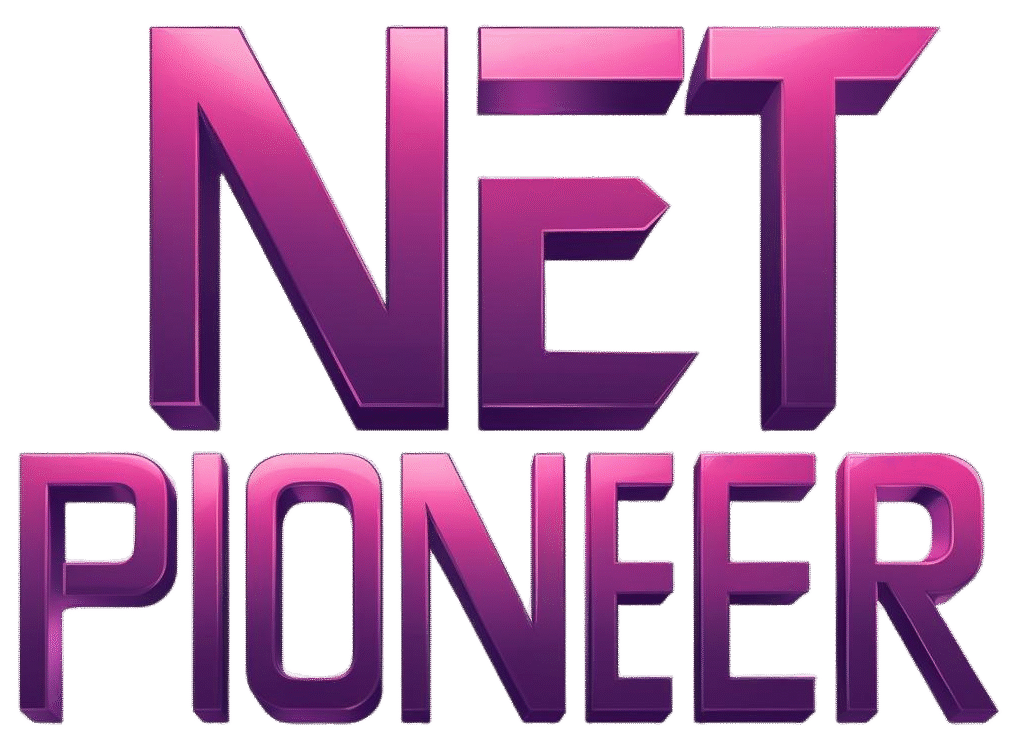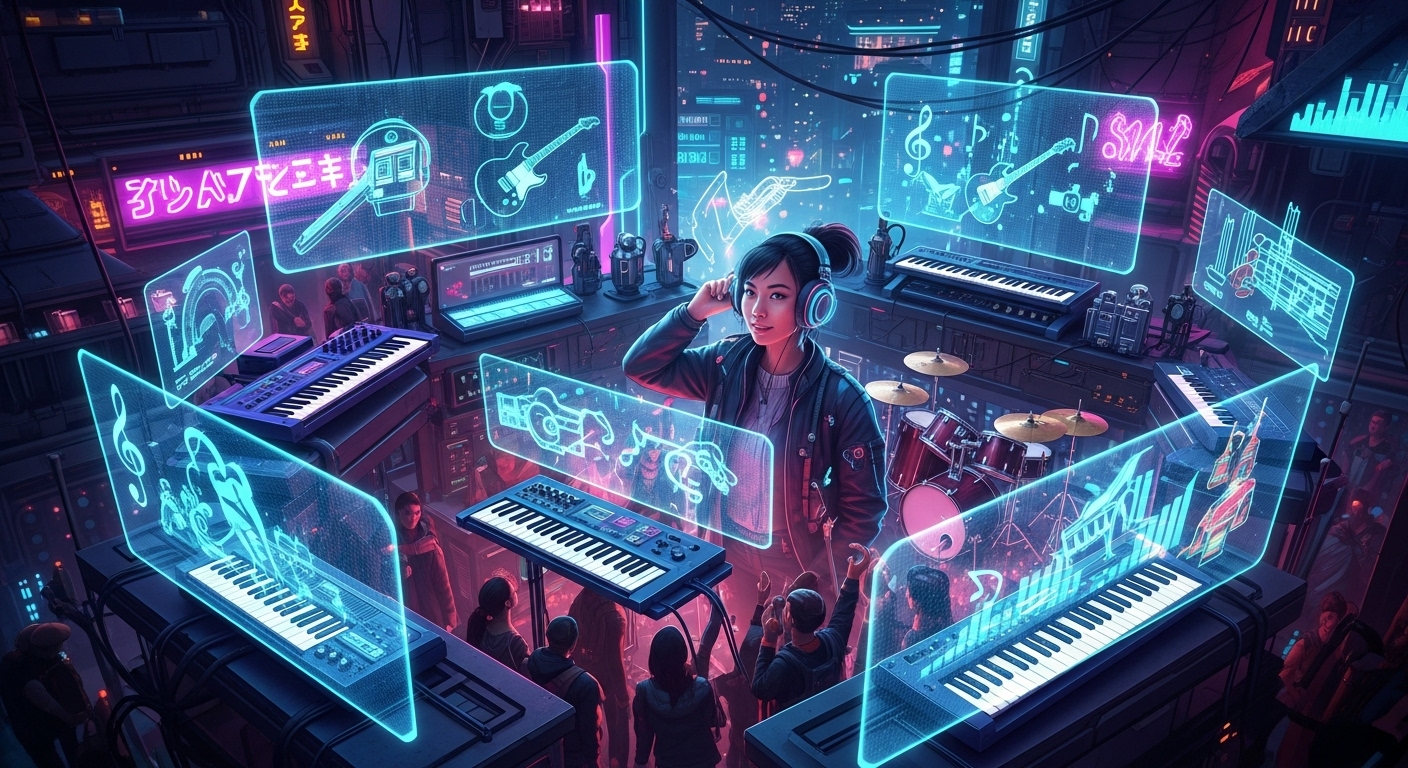From ancient tribal rhythms to the latest AI-generated pop hits, “music” is a fundamental and universal human experience. It transcends language barriers, evokes powerful emotions, shapes cultures, and provides a soundtrack to every moment of our lives. As of mid-2025, the music industry is in a state of thrilling transformation, driven by technological innovation, shifting consumption patterns, and a renewed focus on artist well-being.
The Enduring Power of Sound: More Than Just Notes
At its heart, music is the art of arranging sounds in time to produce a composition that is pleasing or expressive. Its power lies in its ability to:
- Evoke Emotion: Music can elicit joy, sadness, excitement, tranquility, or defiance, often more directly and profoundly than words alone.
- Tell Stories: From epic ballads to concise pop songs, music narrates tales of love, loss, struggle, and triumph.
- Build Community: Shared musical experiences, whether at a concert or listening party, foster a sense of belonging and collective identity.
- Influence Culture: Music reflects and shapes societal trends, acting as a barometer for social change and a catalyst for new movements.
- Heal and Inspire: Music therapy is a recognized practice for mental health, and inspiring anthems can motivate individuals and masses. Studies continue to highlight music’s role in reducing stress, improving mood, and stimulating the brain.
A Legacy of Innovation: From Folk to Digital Waves
The history of music is a continuous story of innovation and adaptation:
- Ancient Roots: Early forms of music were intertwined with ritual, storytelling, and celebration, using percussive instruments, rudimentary flutes, and voice.
- Classical Eras: Formalized composition, complex orchestration, and the development of intricate harmony defined classical periods across various cultures.
- Rise of Recording (20th Century): The invention of phonographs and radio democratized music, bringing it into homes and creating global stars. Genres like jazz, blues, rock and roll, and pop exploded, becoming cultural phenomena.
- Digital Revolution (Late 20th/Early 21st Century): CDs, then MP3s, revolutionized music distribution, making vast libraries accessible. The internet paved the way for file sharing and, critically, music streaming.
The Music Industry in 2025: Key Trends and Transformations
As of mid-2025, the music landscape is vibrant and dynamic, shaped by several key trends:
- AI as a Creative Collaborator: Artificial Intelligence is no longer a futuristic concept but an indispensable tool for music creation, production, and distribution.
- AI-Assisted Composition: Tools like Suno, Udio, and AIVA can generate melodies, harmonies, and even full tracks from text prompts, allowing artists to experiment with new sounds and streamline creative processes. Many musicians (over 60% in a recent survey) are now using AI for various tasks in songwriting and editing.
- Automated Production: AI-powered mixing and mastering tools (like LANDR Mastering) are making professional-sounding tracks more accessible to independent artists, lowering production costs.
- Hyper-Personalized Discovery: Streaming platforms use advanced AI algorithms to curate unique playlists and recommend music tailored to individual moods, preferences, and contextual factors, driving a significant portion of music discovery (short-form video platforms like TikTok, Instagram Reels, and YouTube Shorts are predicted to drive 75% of music discovery by 2025).
- Streaming Dominance and Evolving Revenue Models: Music streaming continues to be the primary mode of consumption, contributing over 80% of total music listening revenues. Platforms are evolving their revenue models, with discussions around more flexible and artist-friendly compensation, including innovative subscription tiers. The global music streaming market is projected for significant growth, driven by growing smartphone usage, affordable data plans, and AI-driven personalization.
- Live Performance Integration and Hybrid Experiences: Despite rising costs for artists and venues, the demand for live music remains strong.
- Hybrid Concerts: Events combining in-person audiences with high-quality live-streamed performances are becoming common, offering global accessibility.
- Immersive Virtual Experiences: VR/AR concerts are poised to become mainstream, offering fans interactive, 3D experiences from home. Platforms like Fortnite (which hosted Travis Scott’s virtual concert to 12 million viewers) and Meta Horizon are pushing these boundaries.
- Personalized Live Sound: AI can adapt music in real-time based on crowd reactions, making concerts more interactive and immersive.
- Genre Blending and Microgenres: The lines between musical genres have almost disappeared. Artists are seamlessly blending disparate styles (e.g., hyperpop, drill, future rave, rap and country mashups), creating unclassifiable hybrids. This trend, fueled by platforms like TikTok, allows microgenres to find dedicated audiences that can explode overnight. Retro sounds and nostalgic influences are also seeing a resurgence, being reinterpreted in modern tracks.
- Direct-to-Fan (D2F) Platforms: Artists are increasingly bypassing traditional labels and building independent empires through D2F platforms like Bandcamp and Patreon. This trend empowers musicians to control their distribution, retain a larger share of revenue, and build deeper relationships with their fan communities.
- Sustainability and Ethical Practices: There’s a growing emphasis on ethical considerations and sustainability within the music industry. Discussions around fair pay for musicians, mental health support for artists (addressing burnout), and artist equity are becoming more urgent. Artists are adopting eco-friendly touring practices, sustainable merchandise, and using their platforms for awareness campaigns.
- Web3 and Blockchain Integration: While still emerging, blockchain technology and NFTs (Non-Fungible Tokens) are exploring new ways artists can monetize their work, sell tokenized royalties, and engage with fans directly, potentially disrupting traditional music ownership and distribution models.
The music industry in 2025 is a fascinating blend of human ingenuity and artificial intelligence, old traditions and new technologies. As artists continue to push creative boundaries and connect with audiences in innovative ways, music will remain the ever-evolving soundtrack of humanity, inspiring, uniting, and moving us all.

